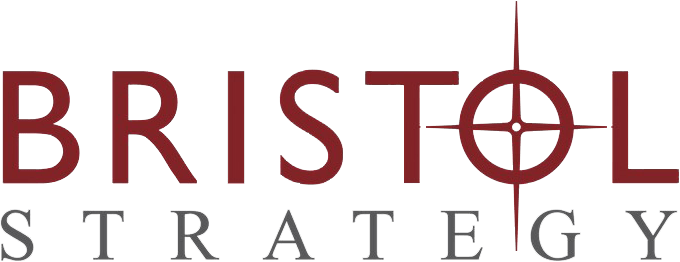This is the first in a series of posts on the question of fundraising management, an issue I believe will revolutionize fundraising as we know it; as long as we understand and adopt the concept.

First, let me thank my long-term colleague Dr. Rebecca Staton-Reinstein for the quotation used in the title. As I’m sure you’ve guessed, there’s more to Dr. Rebecca’s concept. She’s an expert on the concept of the Great Manager (as distinguished from the lousy manager and the tolerable/okay manager). Here’s the boiled-down version of her sophisticated concept:
Business employs three kinds of workers:
1. The Doers – do the work. They run the programs, counsel the clients, hew the wood, draw the water, write the grant applications, solicit the major donors. That’s doing.
2. The Managers – make sure the work gets done. They provide the doers with tools, knowledge, guidance; they remove obstacles to success. That’s managing.
3. The Leaders – set direction and inspire others to follow. The direction they set provides guidance so managers know how to manage and doers know what to do.
In other words, “great managers do nothing”. But they sure do a lot of managing. And it’s managing that ensures high levels of productivity and continuously improving fundraising outcomes.
The fundraising profession appears to suffer from a managing deficit.
How well are managers doing? Not so great, as far as our research suggests.
The lives of fundraising staff would be a lot easier if management were providing tools such as these:
- Clear, documented qualifying criteria to help them rule in (or out) funding prospects worth the investment of their scarce and precious time; including motivations.About 77% of our Leaky Bucket respondents lack such profiles altogether and operate on the basis of “we know who to call on.”
- Clear, documented performance targets to help them know how much, and how often, they’re expected to take steps to find prospects and convert them to funders.The most helpful performance targets measure so-called “leading indicators,” things that happen at the beginning or in the middle of the cultivation cycle. Regrettably, of those who measure anything at all, 63% measure only the trailing indicator; amount of income received.
- Tools for managing the pipeline of opportunities they’re building.Pipeline management is almost universal in the for-profit sales world, but largely unacknowledged in our non-profit world. It’s not “Moves Management” either, about which I’ll write in a future blog.
What bothers me the most about this situation is the current fragility of the non-profit sector in the U.S. in particular. Threats to federal funding, heavily publicized scandals about the few bad guys in our sector, and potential changes in taxation policy, just to mention a few, pose a real threat to the work being done in the nonprofit sector; work that either isn’t being done by governments or commercial organizations, or can’t or shouldn’t be done by them.
It’s ironic, isn’t it? Disciplines of productivity and great management have been and continue to be adopted, refined, perfected by governments and by for-profit organizations. But our sector is behind the curve; way behind.
I’ll be discussing the nonprofit mindset, that gets in the way of using solid productivity processes, in another blog in this series.
Let’s fix this problem. It’s not the easiest thing in the world to do, but it’ not that difficult either. We can nurture and develop great non-profit managers, we just have to do the work, together.

